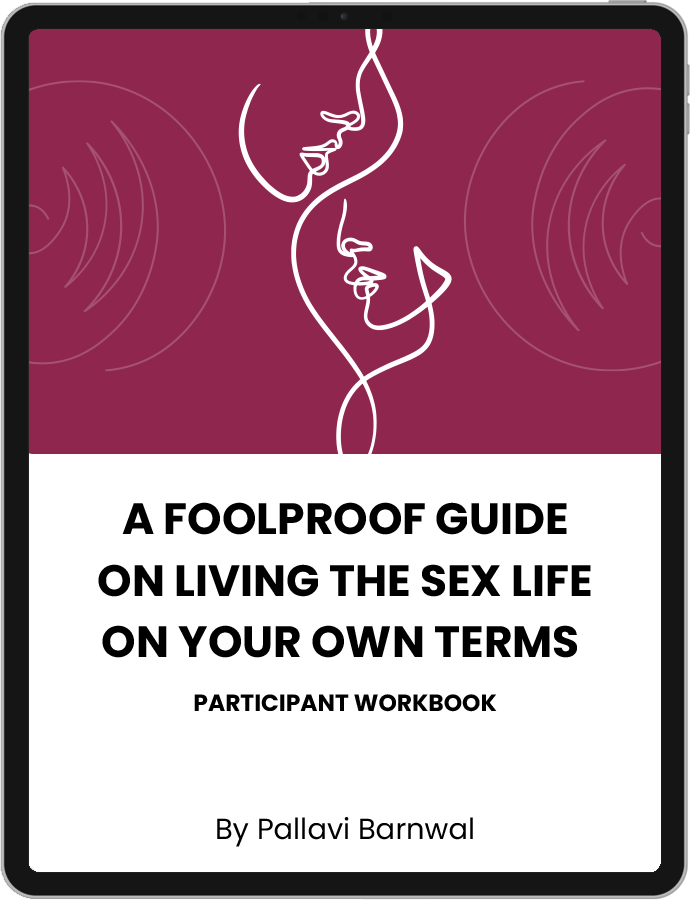
How many times have we fought in our intimate relationships with our partners? Definitely more than a few times. Conflict in itself is not unhealthy, as it allows us to look at the areas of the relationship that needs the most attention. A conflict about your partner not helping in housework highlights the feeling of being left out and alone in life’s mundane struggles. Yes, there are umpteen reasons that couples fight or are in disagreement. But these conflicts act like a muslin cloth through which pass the impurities that affect the relationship.
All relationships, including the successful ones, have conflict. It is unavoidable. Fortunately, it’s not the presence of conflict, but rather how it’s managed that predicts the success or failure of a relationship. We say “manage” conflict rather than “resolve,” because relationship conflict is natural and has functional, positive aspects that provide opportunities for growth and understanding. Also, there are problems that you can’t solve due to natural personality differences between you and your partner.
Criticism – We criticize our partners when they fail to live up to our expectations. But criticism is different than a complaint. The latter is about specific issues, whereas the former is an attack on your partner at the core of their character. In effect, you are dismantling their whole being when you criticize. For example, This is a complaint: “You reached almost an hour late for our lunch.”
This is a criticism: “Punctuality is an issue with you. You are never on time. You never think of me, you are that forgetful, you’re just selfish.
The problem with criticism is that it makes the receiver feel assaulted, rejected, and hurt, and often causes the critic and receiver to fall into a vicious pattern where criticism reappears with greater frequency and intensity, which eventually leads to contempt.
The antidote to Criticism – Gentle Start-Up
A complaint focuses on a specific incident, but criticism attacks a person’s very character. The antidote for criticism is to focus on the complaint without blame. Avoid saying “you,” which can indicate blame. Instead, talk about your feelings using “I” statements and express what you need positively.
Rephrasing the above complaint in this manner – You can say – I was eager to meet you today at lunch since of late we haven’t been able to spend a lot of time together. I was very disappointed when I did not see you on time.
Contempt
Contempt goes far beyond criticism. While criticism attacks your partner’s character, contempt assumes a position of moral superiority over them. When we contempt someone, we are truly mean—we treat them with disrespect, call them names, and mock them with sarcasm. The target of contempt is to make your partner feel worthless.
The Antidote To Contempt – Is to build a culture of appreciation and respect in your relationship. Remember this tip – Small Things Matter. If you regularly express appreciation, gratitude, affection, and respect for your partner, you will create a positive atmosphere in your relationship, which will act as a buffer for negative feelings. The more positive you feel, the less likely you are to express contempt!
Defensiveness
We become defensive when we feel accused. We fish for accusations ourselves and play the innocent victim to get our partner to back off. Unfortunately, these excuses never work.
Our excuses just communicate to our partners that we do not take their concerns seriously and we are unwilling to take responsibility for our mistakes.
Question: Why did you turn the pressure cooker on when I was on such an important work call? The whistles disturbed the entire call.
Defensive response: Why didn't you take the call outside, then? I need to finish my chores in time.
Antidote To Defensiveness: Take Responsibility
Defensiveness is an act of self-protection in the form of innocent victimhood to keep off a perceived attack. Most people become defensive when they are being criticized, but the problem is that being defensive never solves the problems at hand. Defensiveness is an indirect way of blaming your partner. Thus the problem is never resolved, and the conflict escalates further. The antidote is to accept the responsibility for what is specific to the conflict.
Stonewalling
Stonewalling occurs when the person withdraws from the interaction, shuts down, and stops responding to their partner. Rather than confronting the issues with their partner, people who stonewall engage in avoiding maneuvers such as turning away, acting busy, stopping talking, or showing distracting behaviors like scrolling phone while you talk to them or spending too much time sleeping. Stonewalling is like a flight or fight response and puts couples under a lot of emotional pressure.
The antidote to Stonewalling – Practice Physiological Self-Soothing If you feel like withdrawing or shutting off in a conflict, take a break. Allow your body to physiologically calm down by doing an activity of interest such as taking a walk in the park, cooking your favorite dish, or listening to your favorite music. Inform your partner that you need some time for yourself and then return to the discussion rationally and respectfully.












